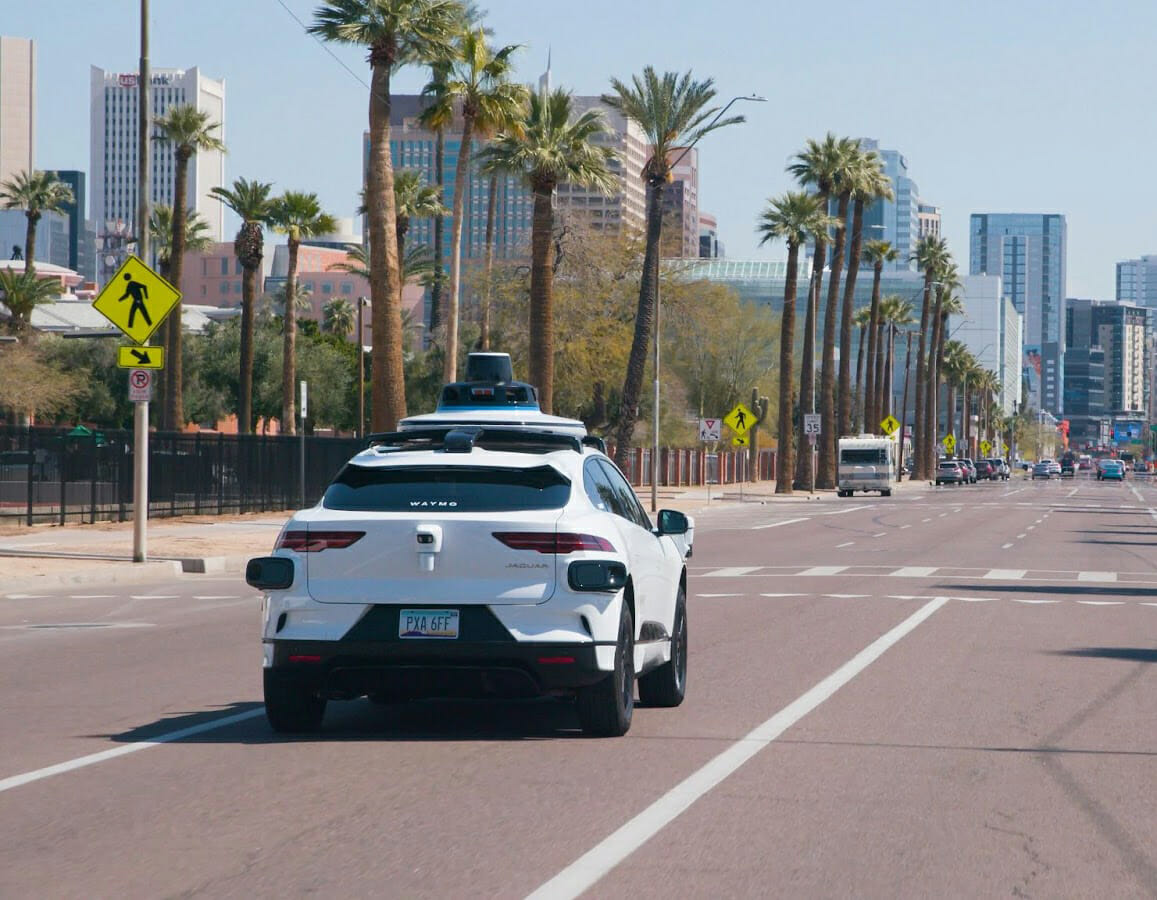April marks Distracted Driving Awareness Month, and one company is taking strides to combat the threats of distracted driving through new technology.
Waymo, an autonomous vehicle pioneer owned by Google’s parent company Alphabet, stands at the forefront of this effort with its fully self-driving car service, charting a new course for driving safety.
READ MORE: Ranking Arizona: Top 10 law firms for 2024
DEEPER DIVE: Ranking Arizona: Top 10 hospitals for 2024
Distracted driving involves any activity that diverts attention from the road, including visual, manual, and cognitive distractions.In 2022, the Arizona Department of Transportation reported nearly 9,000 accidents as a result of driver distraction.
Ed Taube, the lead trainer at the Arizona Chapter National Safety Council, explained common misconceptions surrounding distracted driving.
“The perception is if you have Bluetooth or a hands-free driving system, you are safer than if you’re holding the phone,” Taube said. “Unfortunately, data doesn’t support that because the most dangerous of these is the cognitive distraction, where your brain cannot successfully multitask effectively.”
The NSC offers different driving classes to combat distracted driving, including a 4-hour class that is used for both ticket dismissal and training companies with fleets of drivers. The organization is partnering with Waymo through April 30 by matching any donation up to $10,000 to help prevent distracted driving, according to their website.
With its self-driving technology, Waymo said it takes that cognitive distraction out of the driving experience. The company also said its technology is more advanced than other autonomous vehicle firms.
“At Waymo, we’re building the world’s most experienced driver,” said a Waymo representative. “We call our technology the Waymo Driver, which features our software, sensor suite and powerful AI compute platform, which can autonomously navigate people and things where they’re going without a person.”
Autonomous vehicle expert and ASU professor Aviral Shrivastava discussed the technology behind autonomous vehicles, emphasizing their rapid response times compared to humans.
“Human response time is about two to five seconds. If you see something new on the road, you will respond within two to five seconds while autonomous cars’ response time is about 10 milliseconds,” Shrivastava said.
In 2021, Waymo released a study reconstructing how the Waymo Driver would have performed in scenarios that led to fatal crashes by human drivers in Maricopa County.
“In total, the simulated Waymo Driver completely avoided or mitigated 100% of crashes, except for the crashes in which it was struck from behind,” said a Waymo representative.
Waymo’s initiatives extend beyond safety, with partnerships such as a collaboration with Phoenix Sky Harbor International Airport since Oct. 2022.
As outlined in the Monthly Commercial Ground Transportation Report, over 35,000 Waymo rides were taken in 2023 to and from the airport, highlighting the explosive growth and growing trust with autonomous vehicles.
Shrivastava emphasized Waymo’s careful approach to safety and deployment, highlighting comprehensive area mapping as a key factor in their success.
“Waymo has been very careful in the ruling out and deployment of these autonomous vehicles and is very thorough in the mapping of the area,” Shrivastava said.
Looking ahead, Waymo said they are committed to pioneering advancements in autonomous driving technology.
“We are still in the early days of designing and reenvisioning how our autonomous driver interacts with the world around it to make our roads safer and more predictable, and we look forward to uncovering more potential,” said a Waymo representative.




